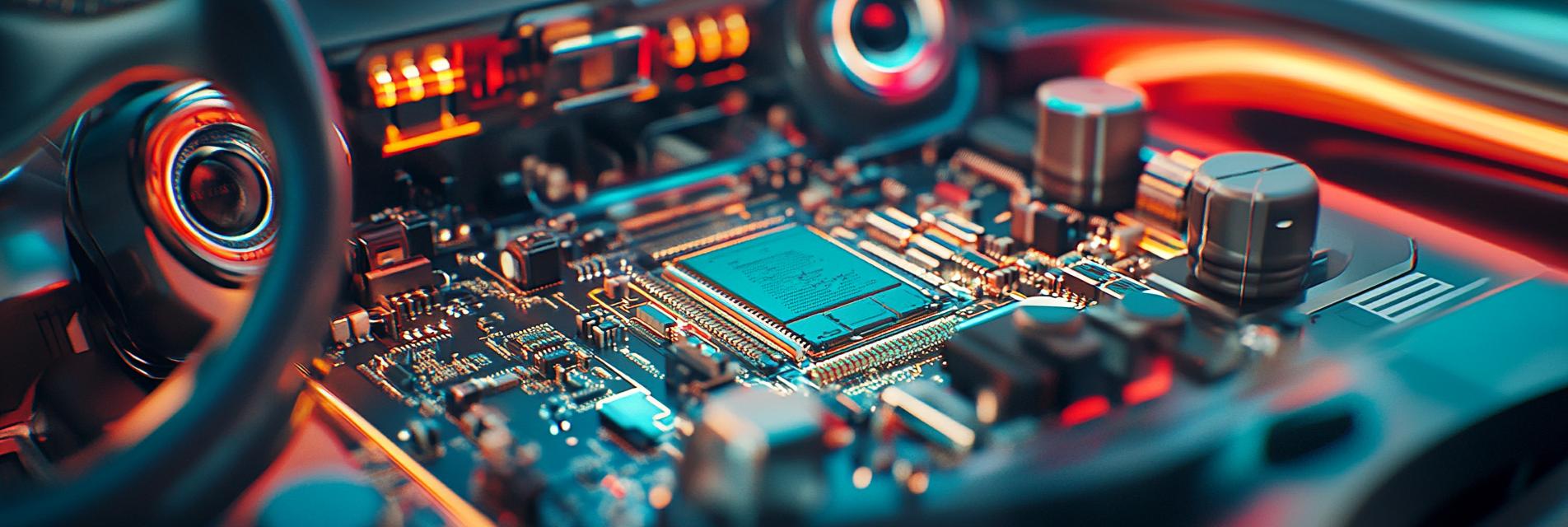The automotive industry is undergoing a significant transformation, driven by advancements in technology and innovation. In the UK, the development of automotive electronic PCBs (Printed Circuit Boards) has become a crucial aspect of modern vehicle design and functionality. This article delves into the latest innovations in automotive electronic PCBs, highlighting how these technologies enhance performance, ensure safety, and contribute to the evolution of smart vehicles.
Recently, UK manufacturers have focused on integrating advanced technologies into automotive PCBs. These innovations include the use of high-density interconnect (HDI) technology, which allows for the miniaturization of electronic components without sacrificing performance. Moreover, the introduction of flex-rigid PCBs enables manufacturers to design more compact and lightweight circuits, which are essential for modern electric and hybrid vehicles.

The integration of innovative PCBs significantly enhances vehicle performance. For example, the incorporation of integrated sensors and controllers on PCBs leads to improved real-time data processing, which is essential for advanced driver-assistance systems (ADAS). Additionally, with innovations such as temperature-resilient materials, PCBs can operate reliably in extreme conditions, ensuring that safety features remain functional under duress.
As vehicles advance towards becoming smarter and more connected, the role of automotive electronic PCBs becomes even more critical. Smart electronics enable functionalities such as vehicle-to-everything (V2X) communication, allowing cars to interact with their environment, enhancing safety and efficiency. UK manufacturers are at the forefront of this innovation, developing PCBs that support these complex systems.
In conclusion, innovative technologies in automotive electronic PCBs from the UK are setting new standards for vehicle performance and safety. As the automotive industry continues to evolve toward greater automation and connectivity, the importance of advanced PCB technologies cannot be overstated. By investing in these innovations, manufacturers are not only improving their products but are also paving the way for the future of smart transportation.
